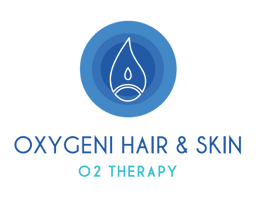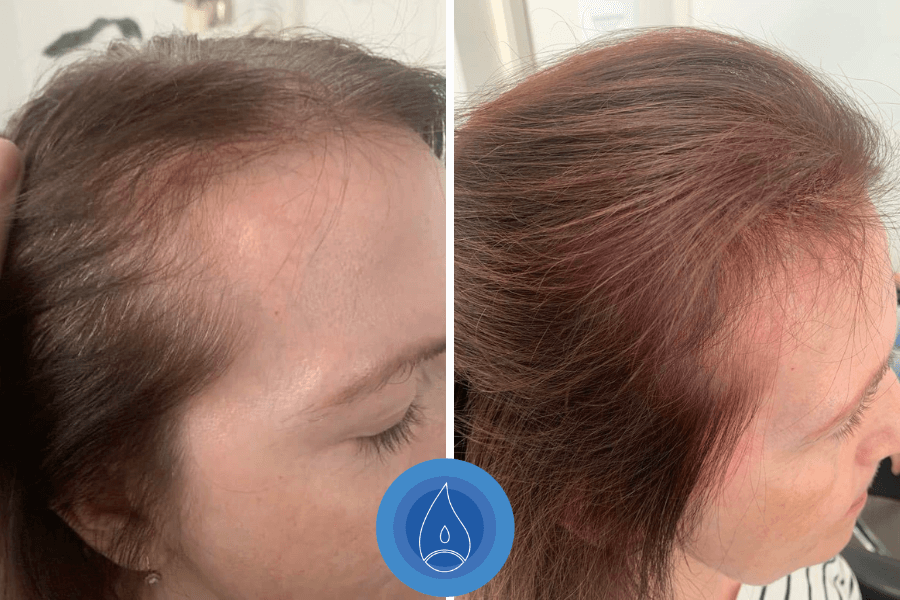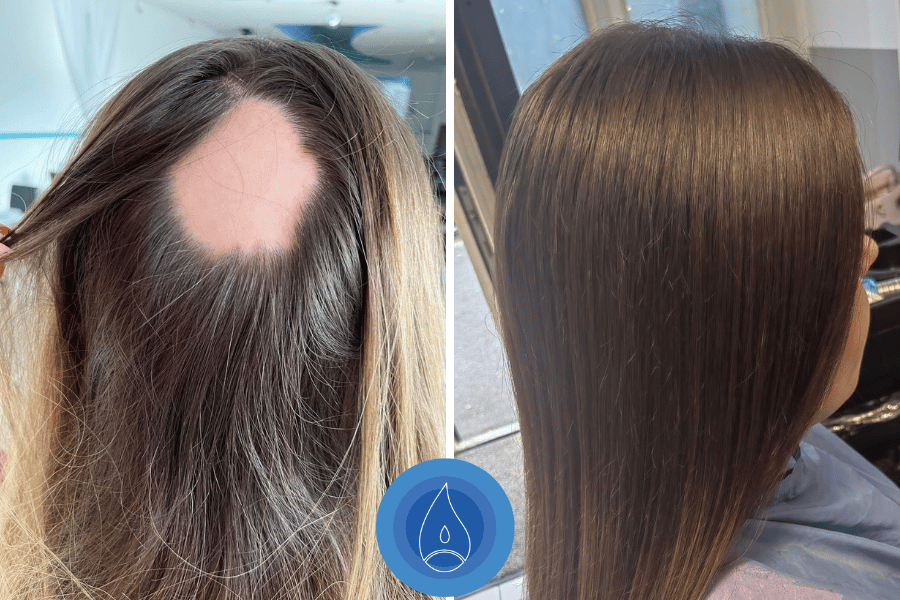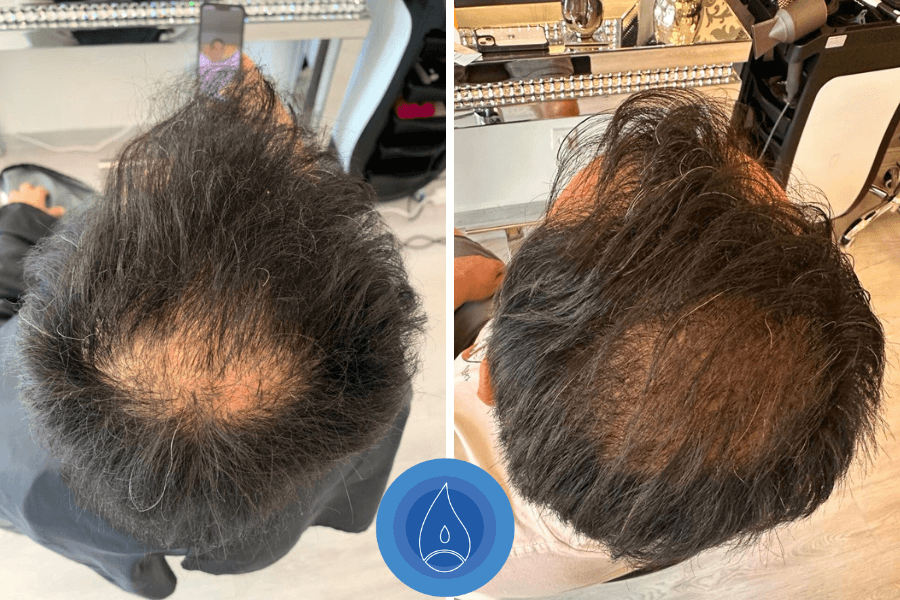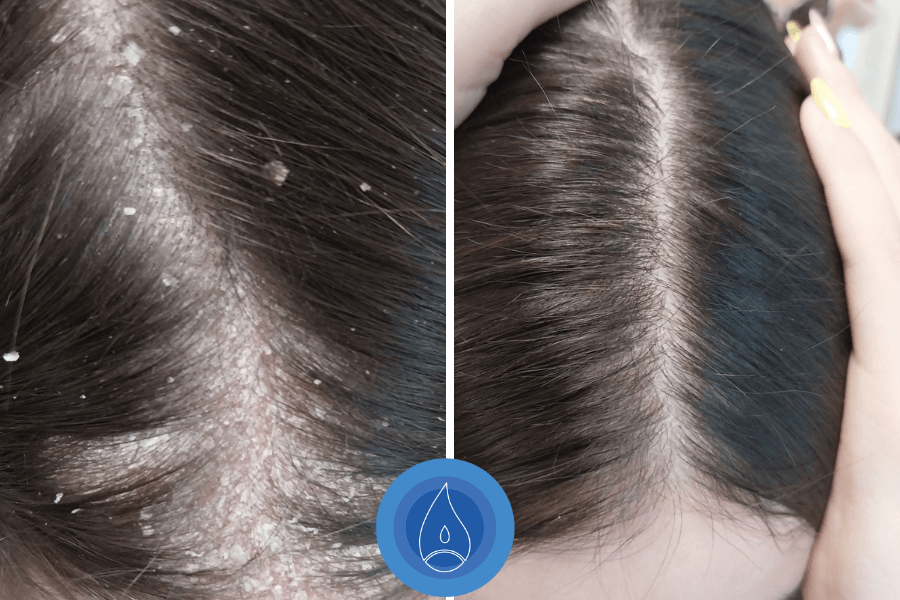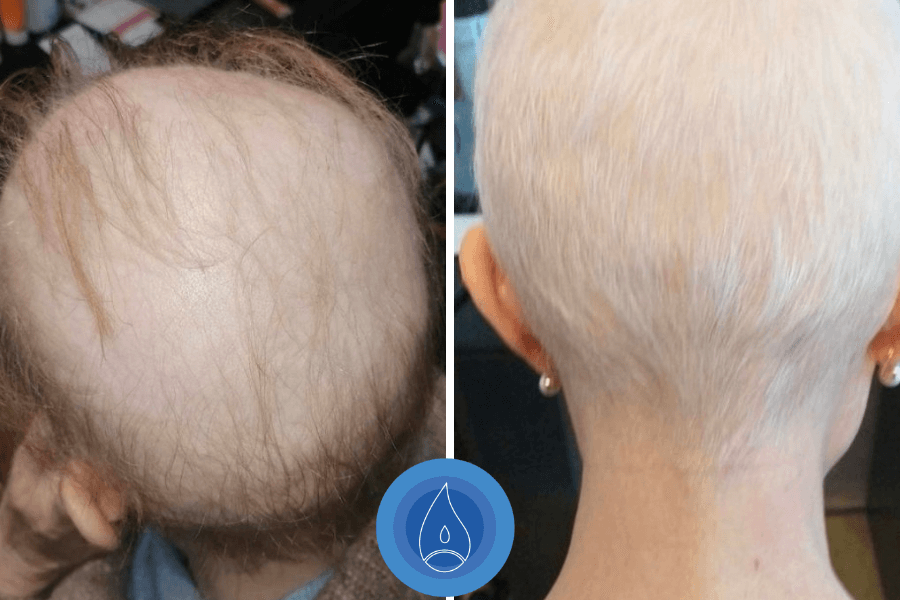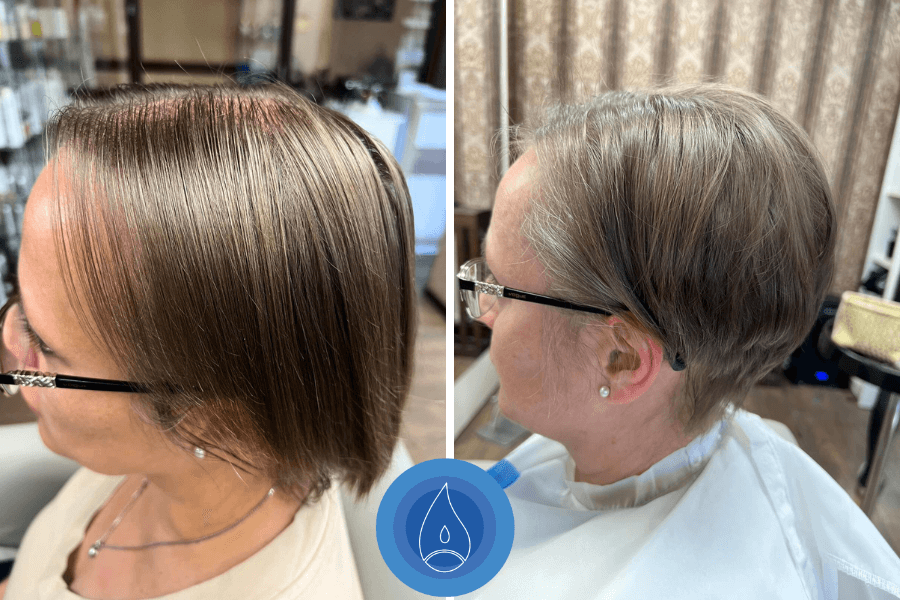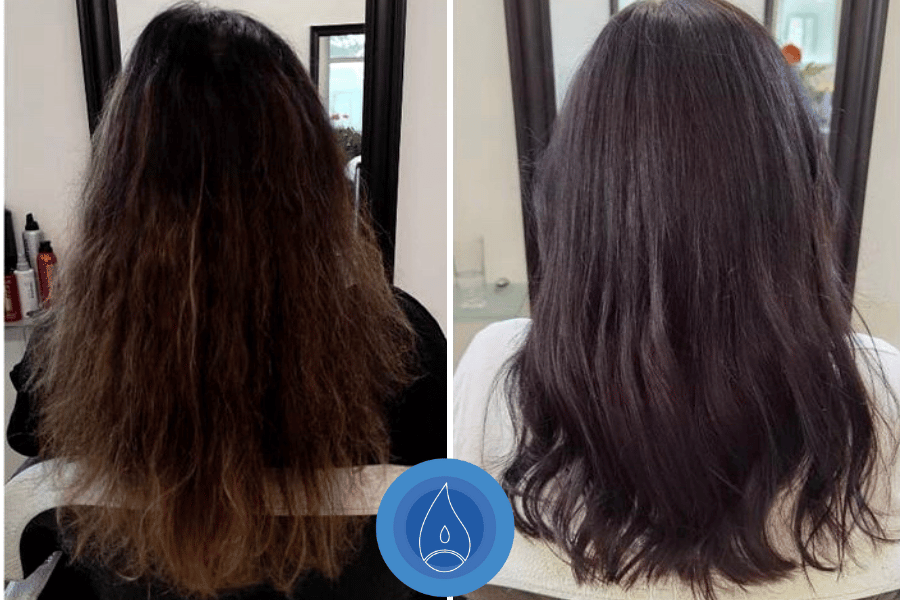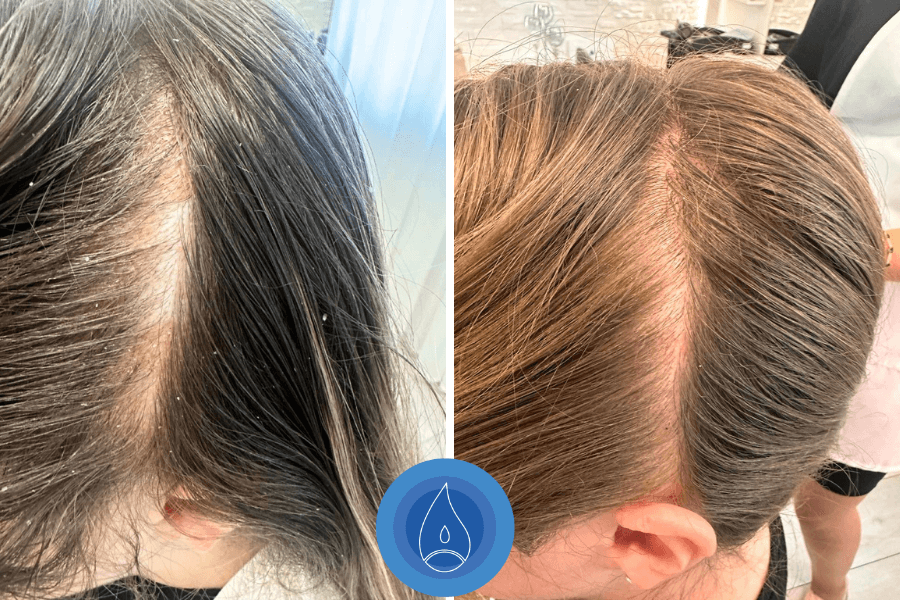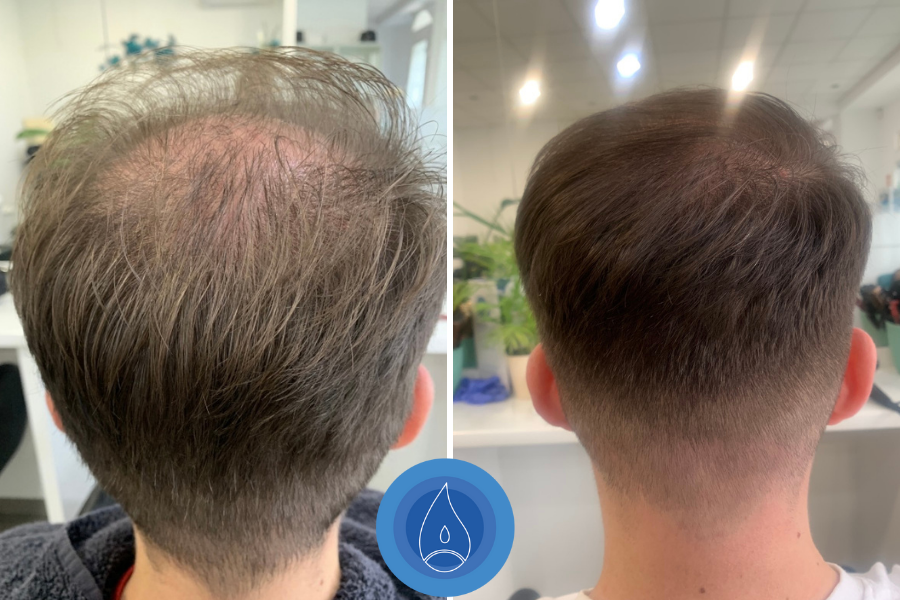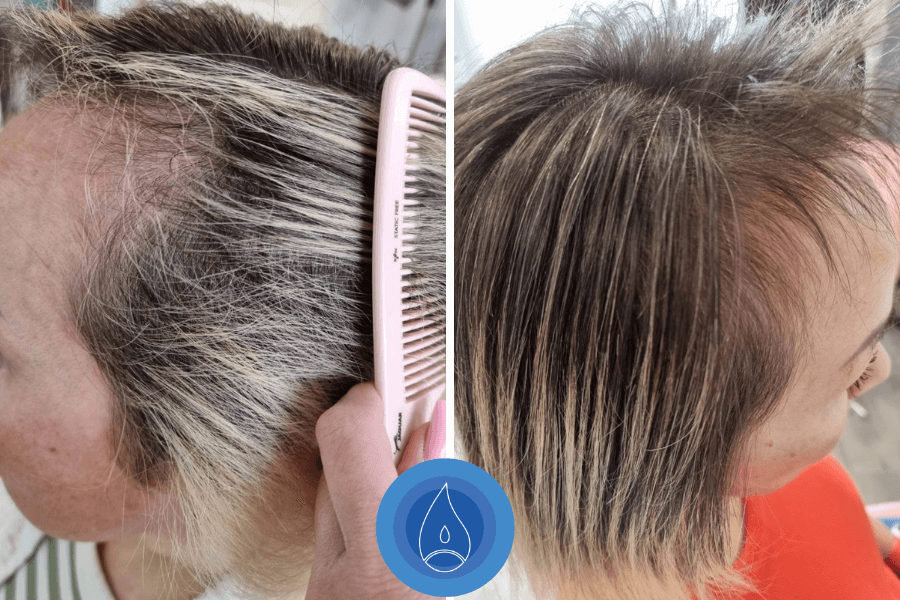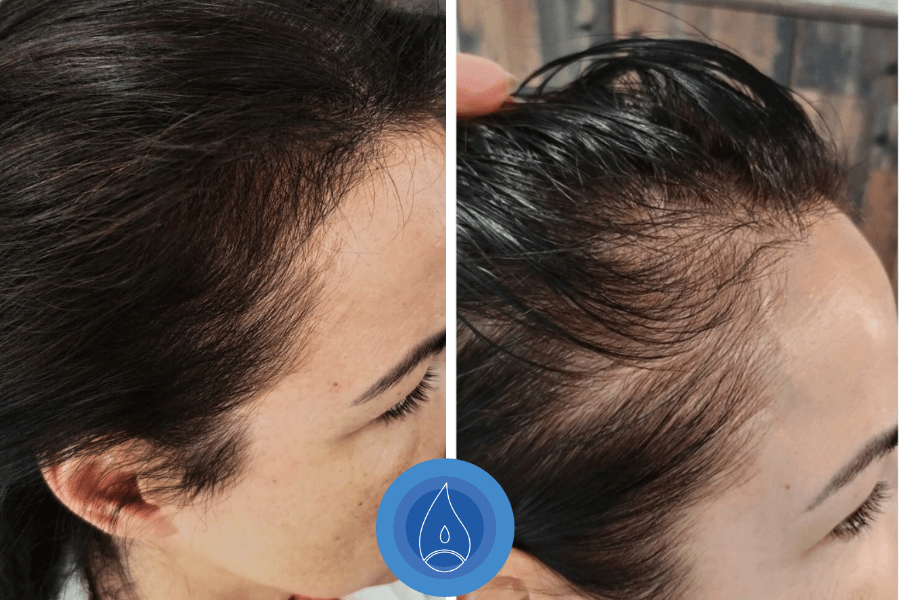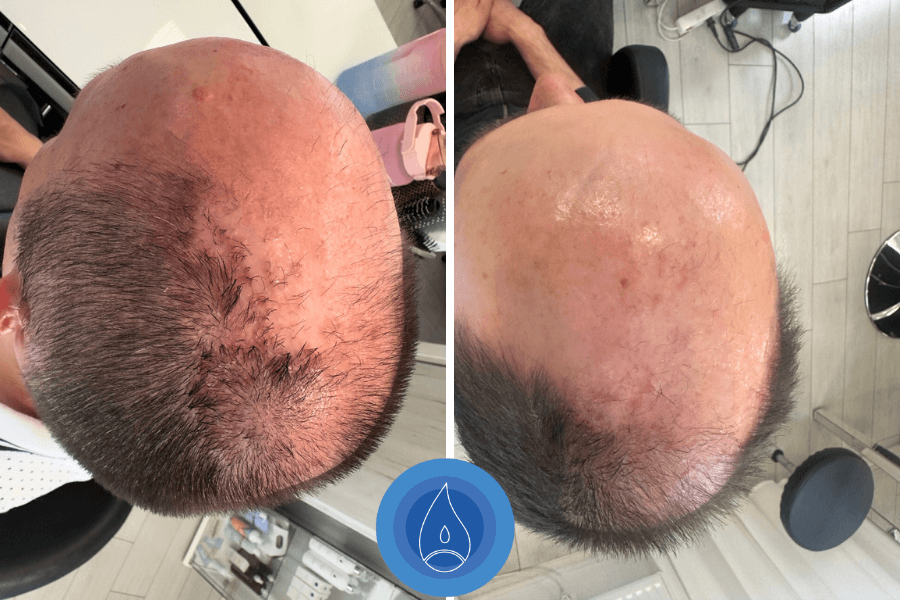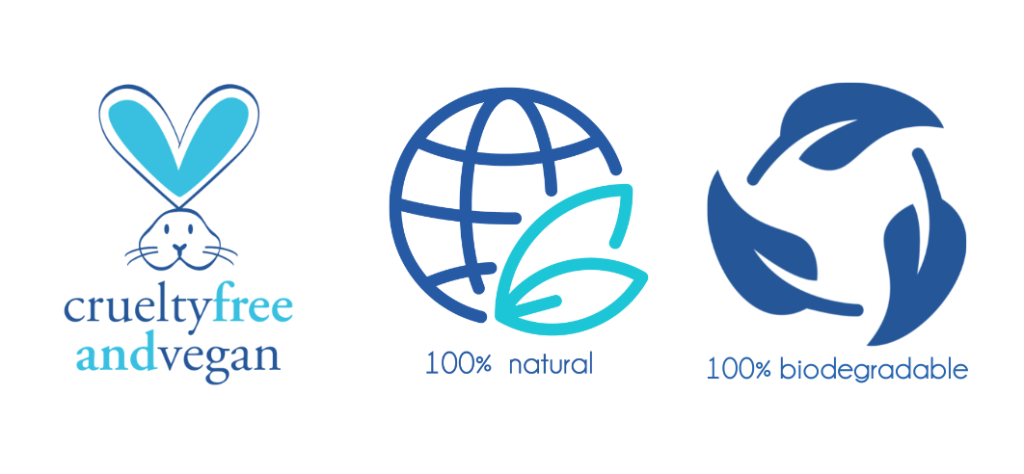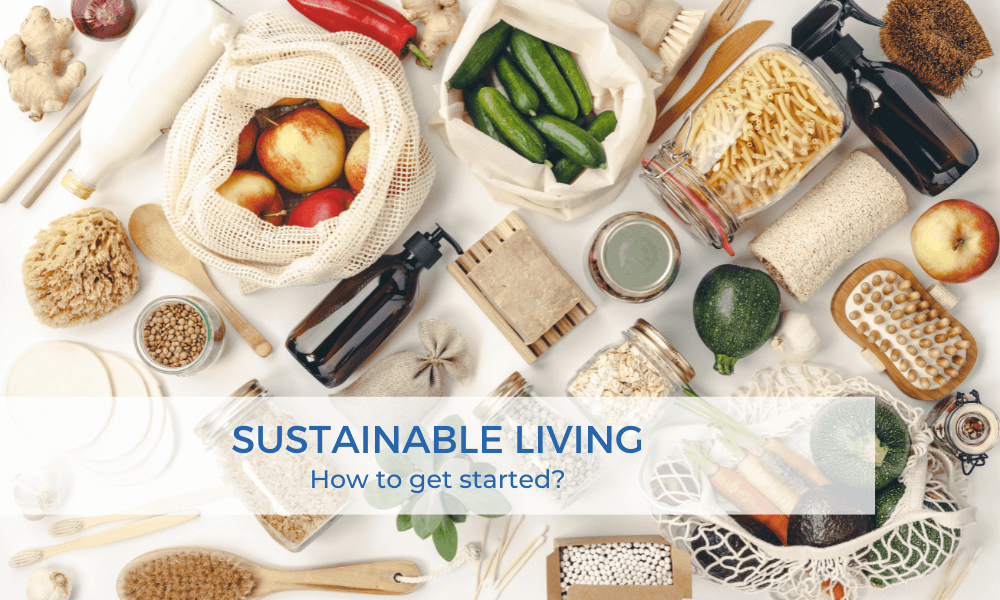
SUSTAINABLE LIVING – HOW TO GET STARTED?
What’s your New Year’s resolution? Healthy eating, more exercise, or sustainable living? The New Year offers many the opportunity to renew their commitment to a sustainable lifestyle, for the sake of people and the planet. Every day, we make choices that affect the environment and its inhabitants. From clothing to products, the food we consume, and even commuting, each decision impacts the planet. While the current generation is the most environmentally conscious in history, there is still much to do. If you’re curious about how to adopt sustainable living practices, keep reading as we’ve gathered some simple ways to make responsible everyday choices.
What is Sustainable Living?
Sustainable living is the practice of reducing our demand for natural resources with a few small daily changes. Those who aim for a more sustainable lifestyle avoid non-environmentally friendly products and reconsider how they eat, drink, and structure their daily routines. Sustainability improves our quality of life, protects ecosystems, and conserves natural resources for future generations. It also promotes economic development, racial equality, and access to quality healthcare.
Fortunately, there are many ways to live sustainably without making dramatic and uncomfortable changes. However, doing nothing does have consequences. More landfills are appearing, more animals are going extinct due to deforestation and pollution, respiratory illnesses are on the rise, and weather patterns are becoming harsher (hotter, drier summers, colder, harsher winters, and more tropical storms). Sea levels are rising, the nutritional quality of soil and food is declining, and there are fewer green spaces in cities and around the world.
What Does It Mean to Live Sustainably?
Living sustainably doesn’t mean you have to make massive, life-changing decisions. It means something different for everyone, but the primary goal of sustainable living is to minimize the harm we cause to the environment and its inhabitants.
Sustainability simply involves being more mindful of our diets, the toiletries and cosmetics we use, and generally, how much waste we generate. Once we’re aware of these aspects, it becomes easier to make some positive changes. But how do you start?
FIRST STEPS TOWARD SUSTAINABLE LIVING
Avoid Single-Use Water Bottles!
Choosing tap water helps you avoid plastic waste from single-use bottles. It also saves the energy used to produce, fill, and transport plastic bottles. Read more about the zero-waste movement here. You can also improve tap water quality by investing in a water filter.
Use a stylish, eco-friendly reusable bottle for sustainability on the go. If plain water feels boring, add fresh fruits, vegetables, or herbs for a burst of flavor. For example, try infusing it with lemon, cucumber, mint, or even ginger!
Eliminate Plastic!
Globally, a trillion single-use plastic bags are used every year, with only a small portion being recycled. Most end up in landfills or our oceans. A simple way to avoid contributing to this statistic is to bring your own bag when shopping. Use reusable cloth or mesh bags for your groceries. However, be mindful not to buy too many cloth bags, as they also have their own carbon footprint. The best solution is to invest in a few high-quality bags that meet your everyday needs. If you still need a bag, choose paper instead. Click here to find out why you should eliminate plastic from your life!
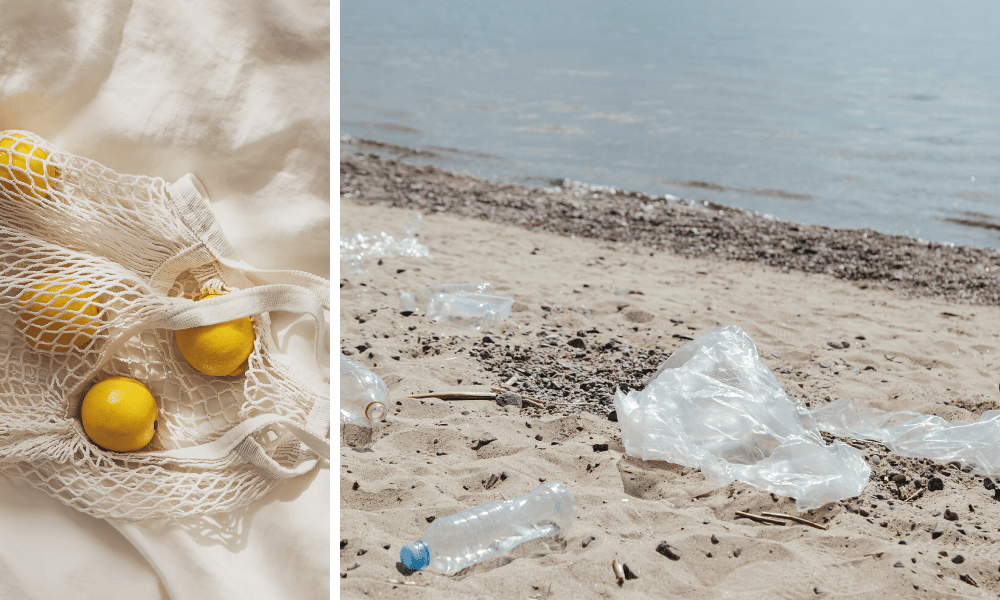
Use Renewable Energy
Renewable energy comes from natural resources that can replenish themselves within a human lifetime without depleting the planet’s resources. Resources such as sunlight, wind, rain, tides, waves, biomass, and geothermal heat are available in some form almost everywhere and are practically inexhaustible. More importantly, they cause minimal climate or environmental harm.
The choice of electrical appliances matters greatly. By upgrading household devices such as refrigerators, freezers, washing machines, and dishwashers, you can reduce your overall carbon emissions. However, in addition to electrical equipment, the insulation and heating system of your home also play a crucial role, affecting both your wallet and environmental impact. While fossil fuels are still popular in many regions, renewable energy sources are gaining ground globally and are a key component of sustainable living.
Drive Less
Road transport accounts for about 20% of total emissions, contributing to climate change. Switching to other modes of transport can reduce the amount of harmful emissions produced. Using public transport means more people share the same vehicle rather than driving separately. Although buses and trains still emit pollutants, this is less compared to if each passenger drove their own car. The best options are walking and cycling, which produce no carbon emissions and are nearly free. If other transport options aren’t possible, switching to electric cars can help reduce emissions.
Reduce Meat Consumption
Factory-farmed animal proteins have a larger carbon footprint compared to many other dietary options, contributing to groundwater, air, and soil pollution, and consuming an enormous amount of energy and water. While some may see this as a reason to completely eliminate animal products from their diet, it is a personal choice for everyone.
“Veganuary” is a long-running initiative that encourages people to try a vegan diet during the month of January. Why join the Veganuary challenge? A plant-based diet can cleanse your body, leading to better skin, hair, digestion, and increased energy. It’s not only beneficial for your health but also for the planet, as it’s scientifically proven that reducing meat consumption positively impacts the environment and reduces our ecological footprint. You can also experience the diversity and richness of a vegan diet and try new foods.
Sustainable Living in the Bathroom
Look for Eco-Friendly Packaging
Ideally, opt for beauty or personal care brands that use environmentally friendly packaging, particularly avoiding plastic. For example, products packaged in glass bottles are easier to recycle. Many people think that reducing plastic use in beauty care is challenging since almost all products come in plastic containers. However, with some research, you can find brands that pay special attention to eco-conscious packaging.
As a professional brand, Oxygeni Hair & Skin prioritizes sustainable practices by using 100% biodegradable (compostable) plastic for their packaging. Plastic bottles are one of the biggest environmental issues, as they take an incredibly long time to decompose naturally.
Pay Attention to Ingredients
Choose brands that use natural and organic ingredients in products made and packaged in an eco-friendly manner. Organic, natural, or vegan cosmetics can be a good choice, as they don’t contain harmful substances that could trigger allergic reactions. Thanks to the natural ingredients, your skin remains nourished and healthy, and these chemical-free products do not accelerate the formation of wrinkles. Moreover, using such cosmetics benefits both you and the planet, as artificial components can negatively impact both our health and the environment.
Oxygeni Hair & Skin’s philosophy embraces naturalness, with a commitment to supporting products free of harmful substances and promoting environmentally friendly options. Our products exclusively feature natural active ingredients derived from high-quality materials sourced from controlled farms. Our focus is on creating products with natural active ingredients to maximize hair and scalp health. Click here to explore our webshop and find the perfect product for you! Good for you, good for the planet.
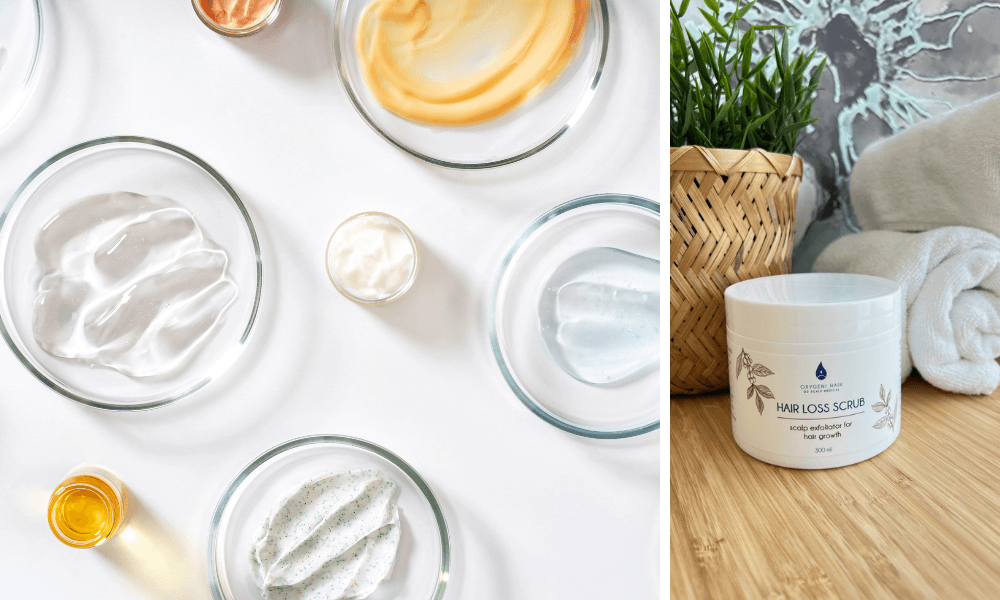
Replace Disposable Items!
- Wipes and cotton pads
Start by eliminating makeup wipes and cotton pads. Instead, invest in reusable, washable pads. Not only will you save money in the long run, but you’ll also never have to buy makeup remover pads or wipes again! If you’re truly committed to sustainable living, you can even make your own reusable pads by cutting up an old towel. Make seven or eight so you can use a fresh one every night and wash them weekly.
- Razors
Swap your razor for a more sustainable option. Disposable razors are likely the most common, but why not try a stainless steel safety razor? These are plastic-free and, if taken care of, can last a lifetime, providing a cleaner, longer-lasting shave. While the metal blades do need replacing and disposing, they are recyclable, allowing you to avoid contributing to plastic pollution.
- Makeup brushes, applicators and hairbrushes
Similarly, look for makeup brushes, applicators, and hairbrushes made from sustainable materials like bamboo. Avoid brushes made from real animal hair and opt for synthetic bristles instead.
Use Multi-Functional Products!
Reducing the number of products you buy and use means less packaging and waste. Look for products that can serve multiple purposes. Thanks to carefully selected active ingredients, Oxygeni Hair & Skin products are multifunctional. Our creams are created with the highest cosmetic certification but also work perfectly as hair and body moisturizers. The Oxygeni Hair & Skin wash products can be used as shampoo, shower gel, and makeup remover. Our oils and serums are suitable for dermatological and trichological purposes, offering nourishment for the scalp, hair, and body.
Choose a Sustainable Salon!
Sustainability and eco-friendliness have been buzzwords in the beauty industry for over a decade. However, “going green” needs to be more than just a trend—it’s about taking responsibility for our planet. A sustainable beauty salon provides services in an environmentally friendly way from start to finish. It proactively reduces waste, prioritizing waste prevention over recycling. Do your part for the planet and sustainable living while ensuring your skin and hair receive the best care at our 100% chemical-free Oxygeni Hair & Skin salons (Hungary)! Here, you’ll find everything you need to maintain healthy hair and skin.
Cosmetic Oxygen Therapy
Oxygeni Skin is a 100% chemical-free skincare clinic offering cosmetic oxygen therapy, face-lifting massages, and comprehensive skin-perfecting treatments. Our oxygen therapy is effective for treating dermatological conditions like acne, rosacea, seborrhea, psoriasis, eczema, keloids, and hyperpigmentation. Our anti-aging therapy provides a natural alternative to invasive cosmetic procedures, achieving rejuvenation without chemicals, needles, or injections.
Trichological Oxygen Therapy
Oxygeni Hair & Skin’s trichological oxygen therapy revitalizes hair follicles by improving the cells’ oxygen supply. The treatment begins with a micro-camera scalp examination to identify deeper inflammation and issues within the skin layers. This procedure is entirely safe and reliable, utilizing 100% natural active ingredients. By delivering oxygen, vitamins, and minerals directly to the hair follicles, the hair strands become stronger and thicker, while the scalp is cleansed of impurities and restores its natural pH balance.
Oxygen therapy is based on naturally boosting the immune system of the skin with vitamins, minerals and active ingredients, making it effective for a variety of scalp and hair health issues, ensuring noticeable results.
Celebrities Committed to a Sustainable Lifestyle
- Leonardo DiCaprio
Leonardo DiCaprio, known for his role in Titanic, has been a prominent advocate for environmental protection since 1998, when he founded the Leonardo DiCaprio Foundation. The foundation aims to “restore balance to threatened ecosystems, ensuring the long-term health and well-being of all Earth’s inhabitants.” In recognition of his activism, DiCaprio was appointed as a United Nations Messenger of Peace on Climate Change. He has donated millions to environmental organizations and continues to raise awareness about climate issues through documentaries and public speaking.
- Drew Barrymore
The star of 50 First Dates, Drew Barrymore, is an avid animal rights advocate and a leading voice in the realm of eco-friendly beauty. She founded companies committed to manufacturing all products within the United States to minimize the environmental impact of shipping. Barrymore has embraced sustainable practices in her businesses, advocating for cruelty-free and environmentally responsible beauty products.
- Shailene Woodley
Actress Shailene Woodley promotes sustainability by sourcing most of her wardrobe from second-hand shops. She advocates for a lifestyle that aligns with nature, stating, “I will be a citizen of this planet and take my responsibility seriously, living in harmony with nature rather than constantly battling against it.” Woodley is also known for her activism against plastic pollution and her involvement in environmental causes, such as protesting against the Dakota Access Pipeline.
SUSTAINABLE LIVING IN FOOD
Reduce food waste
Did you know that about one-third of the food produced in the world goes to waste? Food production uses a large amount of energy, water, fertilizer, land, and fuel, and when you waste food, it ends up in landfills, contributing to soil, water, and air pollution. A tremendous amount of resources is wasted just to have it thrown away!
Here are some tips to reduce food waste at home:
- Make a meal plan for the week and use it to create your shopping list.
- Use leftover vegetables for omelets, casseroles, salads, or soups.
- Prepare every part of the vegetable. For example, you can save carrot and celery trimmings to make homemade vegetable broth, and broccoli stems can be chopped up to make broccoli "rice."
- Freeze leftover food before it spoils. This is also great for quick meals on busy days!
Consume sustainable foods
Sustainable foods are those grown in ways that limit their negative impact on the environment and the communities producing them. They are eco-friendly foods that minimize greenhouse gas emissions and use resources as sustainably as possible.
Beans are one of the most widely produced and available sustainable foods on the market. They can be easily incorporated into existing diets and are available in a variety of types.
Rice is a staple food source in many parts of the world, known for its traditional hardiness and high energy content. It is easy to grow, and despite our vision of massive rice paddies filled with water, rice actually doesn’t need much water to grow (the water in the rice paddies keeps harmful pests and bacteria away). Rice is easy to cultivate, cook, and store for long periods.
Leafy greens embody healthy eating and include everything from kale to spinach. If it’s green and leafy, it’s good for you and the planet. Leafy greens are easy to produce in large quantities while requiring minimal resources, and they can be prepared in many different ways.
Conscious shopping
Choosing locally grown foods can reduce energy consumption and greenhouse gas emissions, and you can use fewer resources than typically needed for transporting food over long distances. However, the benefits can be negated if you have to drive a long distance to purchase local products, so try to shop close to home whenever possible!
Buying seasonal produce comes with numerous benefits! Seasonal products generally have a shorter journey to grocery stores, which means they use less fuel and cause less pollution than out-of-season products. Conversely, out-of-season crops may require special, high-energy heating and lighting to grow under unnatural conditions. In addition to having a smaller environmental footprint, seasonal products are often more flavorful and affordable!

Even the smallest changes can bring about significant transformations. Whether you incorporate a couple or all of the sustainability tips into your life, you’ll be doing your part to make the world a better place! Don’t be discouraged if you can’t make changes immediately. Systemic changes require time and effort from everyone, but if a healthy body and a healthy planet are the result, it’s worth it.
OXYGEN THERAPY AND OXYGENI HAIR PRODUCT REVIEWS




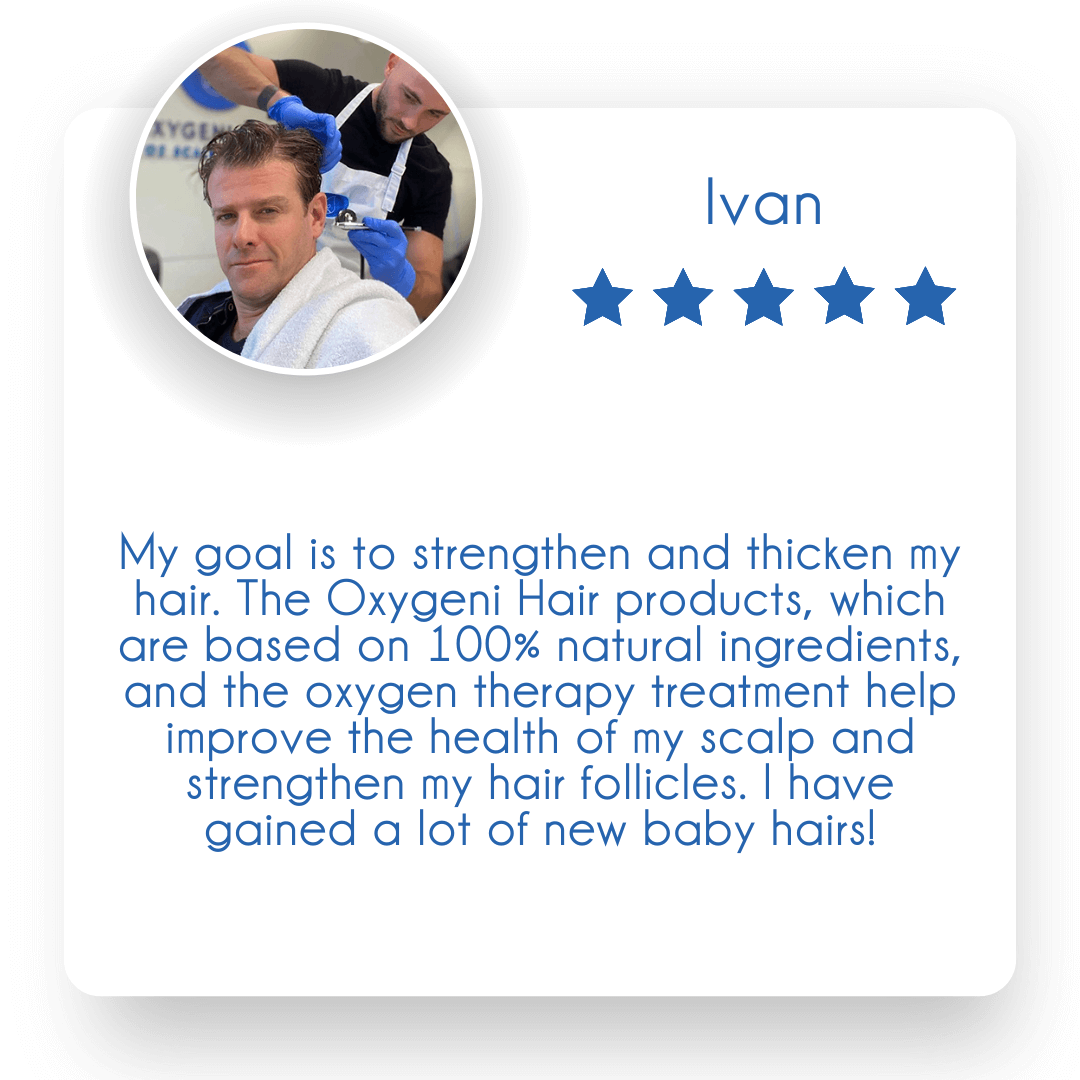
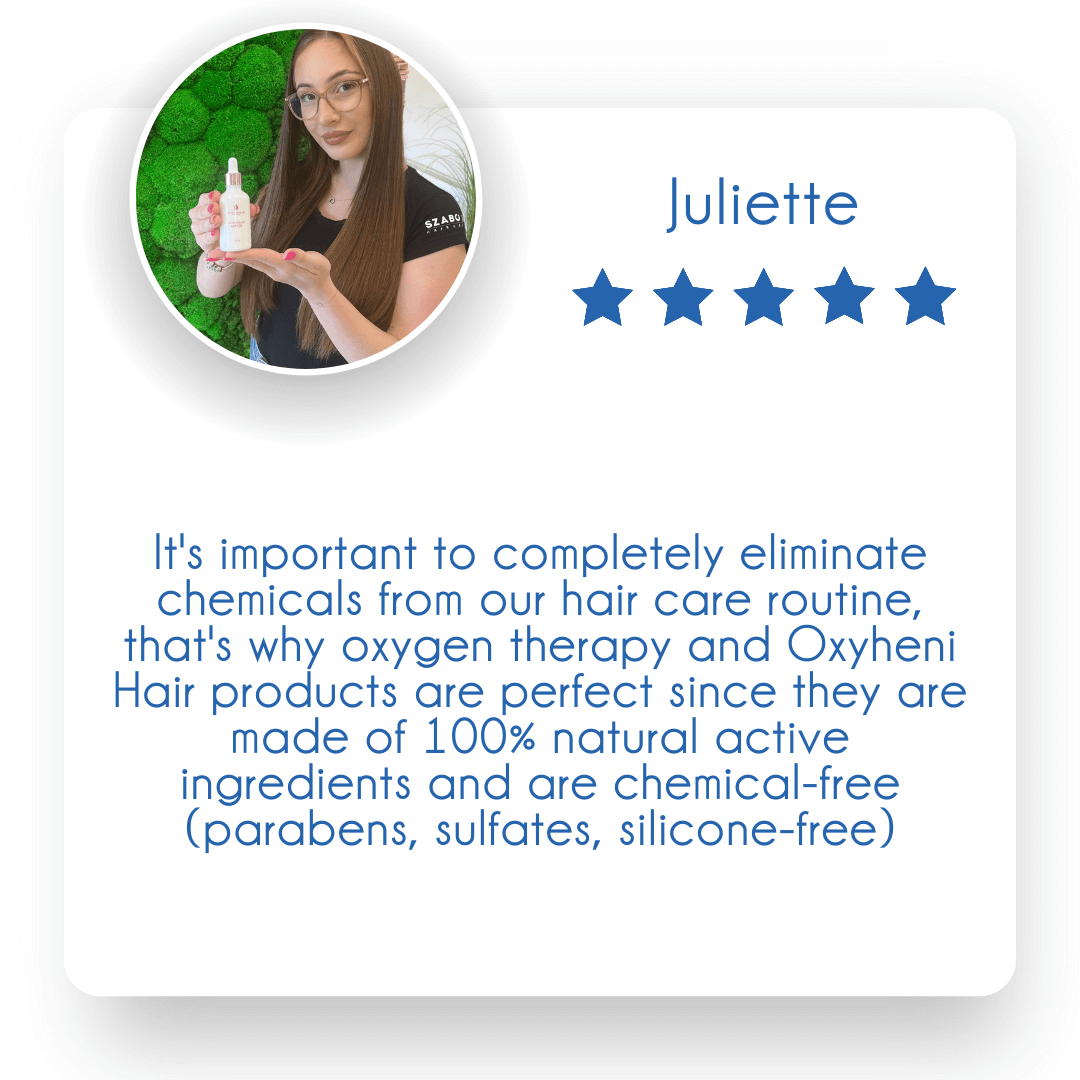

Follow us on our social media platforms!
